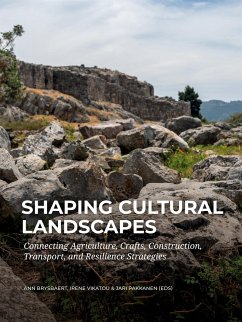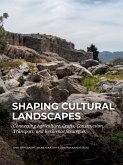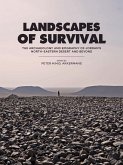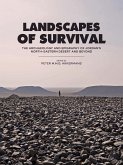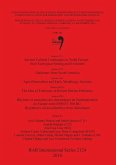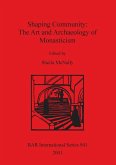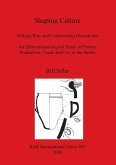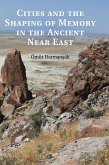Any activity requires the expenditure of energy, and the larger the scale of the undertakings, the more careful and strategic planning in advance is required. In focusing on labouring by humans and other animals, the papers in this volume investigate through a wide range of contexts how past people achieved their multiple daily tasks while remaining resilient in anticipation of adverse events and periods.Each paper investigates the resource requirements of combined activities, from conducting agriculture or trade, over many different crafts, constructing houses and monumental buildings, and how the available resources were employed successfully. Multilayered data sets are employed to illuminate the many interconnected networks of humans and resources that impacted on people's day-to-day activities, but also to discuss the economic, cultural and socio-political relationships over time in different regions.Each of us aimed to discuss novel perspectives in which the landscape in itswidest sense is connected to interdisciplinary architectural and/or crafting perspectives. Rural landscapes and their populace formed the backbone of pre-industrial societies. Analyses of the rural 'hinterland', the foci of cities and other central places (often with monumental architecture) and the communication between these are essential for the papers of this volume. These different agents and phenomena and their connections are crucial to our understanding how political units functioned at several socially interconnected levels.Bottom-up approaches can dissolve "monolithic" understandings of societies, the elite-labour/farmer and the centre/rural dichotomies, because the many social groups co-depended on each other, albeit perhaps in unequal measure depending on the given context.
Hinweis: Dieser Artikel kann nur an eine deutsche Lieferadresse ausgeliefert werden.
Hinweis: Dieser Artikel kann nur an eine deutsche Lieferadresse ausgeliefert werden.

